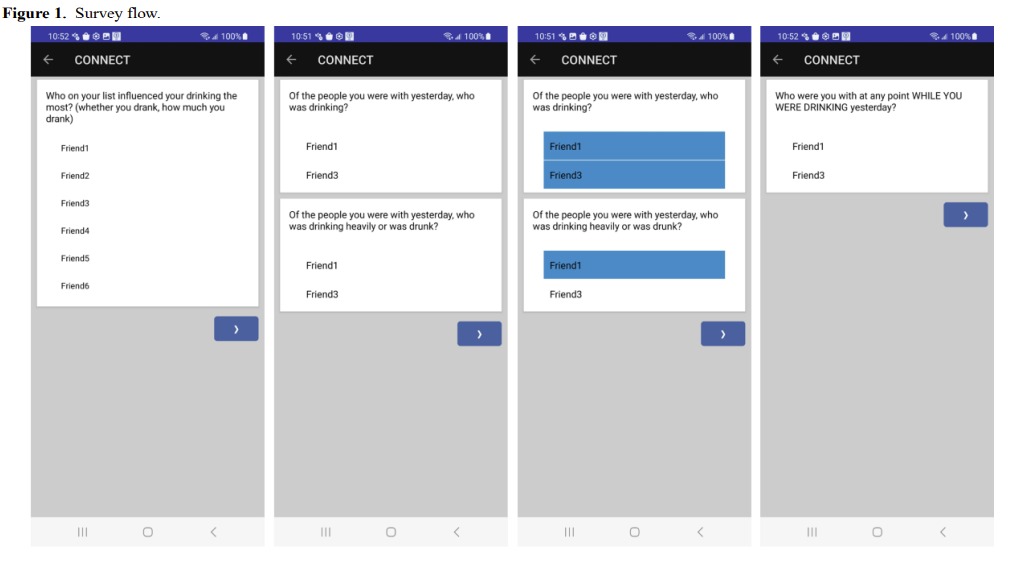A new study Detecting and Understanding Social Influence During Drinking Situations: Protocol for a Bluetooth-Based Sensor Feasibility and Acceptability, from Brown University United States, evaluates the feasibility and acceptability of using Bluetooth beacons and a smartphone app to measure social interactions in real-world drinking situations among young adults. The background of the study highlights that high-risk drinking often occurs in social settings among peers and the objective was to explore how Bluetooth-based sensors could detect real-time social interactions during drinking events. This data could then inform just-in-time interventions to mitigate risky behaviours.
Participants in the study included 20 young adults who engage in heavy social drinking. Each participant was asked to recruit three friends to carry Bluetooth beacons. These beacons emitted Bluetooth signals detectable by the participants’ smartphones, and a specialised smartphone app triggered reports based on the proximity of these beacons. The data collection was facilitated through Ecological Momentary Assessment (EMA), which involved random, signal-contingent, and morning reports to gather information on alcohol use and social interactions. Reports were triggered when a beacon came within 15 feet of a participant for at least 15 minutes.

During the EMA protocol, participants completed different types of reports. Signal-contingent reports were triggered by the app when a peer’s beacon was detected nearby. Random reports were issued three times daily at random intervals to capture spontaneous interactions and behaviours. Morning reports collected daily data on the previous day’s activities and first-drink reports were initiated by participants when they began drinking.
The implications of the study’s findings are significant. They could inform the development of interventions that provide real-time feedback and support to individuals in high-risk drinking situations, potentially reducing alcohol-related harms. The use of passive sensing technology, such as Bluetooth beacons, enhances the effectiveness of just-in-time interventions by accurately detecting social contexts that influence drinking behaviour.